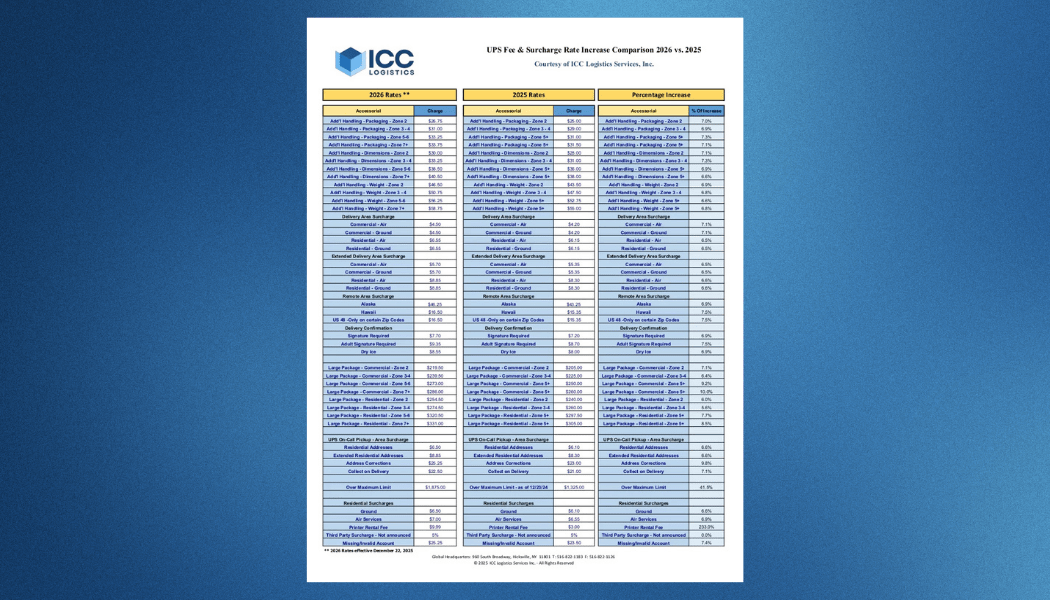A recent survey conducted by Kantor on behalf of HSBC Navigator, reveals that while the Covid-19 Global Pandemic has thrown a monkey wrench into the survey respondents supply chains, their responses to the survey questions did not confirm a big retreat from continuing to operate global supply chains. Well, at least as far as this particular survey is concerned.
67% of the survey respondents said their top priority was to increase control of their supply chains. Well, those numbers suggest that either a third of the respondent companies feel very confident with their current supply chain operations, or they really don’t have a clue about protecting the safety and future of their supply chains.
If Covid-19 has taught us anything, it confirms that the words Status Quo must be removed from today’s supply chain executive’s vocabulary; it is no longer an acceptable term in identifying what a company’s plans are for their supply chains. Businesses must be ready for the next business disruption, be it a global or national event. There is simply no other option.
The survey’s percentage of responses by 2,604 different businesses in 14 different nations and territories indicated that the following priorities were critical to these businesses increasing control over their current supply chains.
- Identifying and securing critical suppliers – 31%
- Reviewing the supplier’s ability to withstand future uncertainty – 30%
- Working with markets/countries that are more stable – 26%
- Owning more of the supply chain (vertical integration) – 22%
So, based on this surveys highlights alone, what conclusions can we draw? The devil lies deeper into the survey’s details.
While 67% responded they that their biggest priority was increasing control over their supply chains, only 17% said shrinking their geographic footprint was the way to do it. So one of the survey’s conclusions is “what we’re seeing in reality is actually there isn’t that much reshoring going on” – their reshaping and restructuring’’ said Natalie Blyth, HSBC’s Global Head of Trade Finance.
But we believe some other questions must be asked:
- Was this survey too small to gain any meaningful insight of what Global Supply Chain Leaders are really thinking?
- Do the majority of global supply chain leaders really believe that re-shoring is a pipe dream, are we too far down the road of global supply?
- Do these global supply chain leaders have the ear of their “C” level management to make the hard decisions they must make in order to survive?
- Have global supply chain leaders underestimated the effect of business disruptions on their supply chains and therefore they are putting their businesses future in jeopardy?
These are just a few questions we believe need to be answered. We are sure you have more questions and we’d really love to hear from you.



 to receive our FREE white papers:
to receive our FREE white papers: